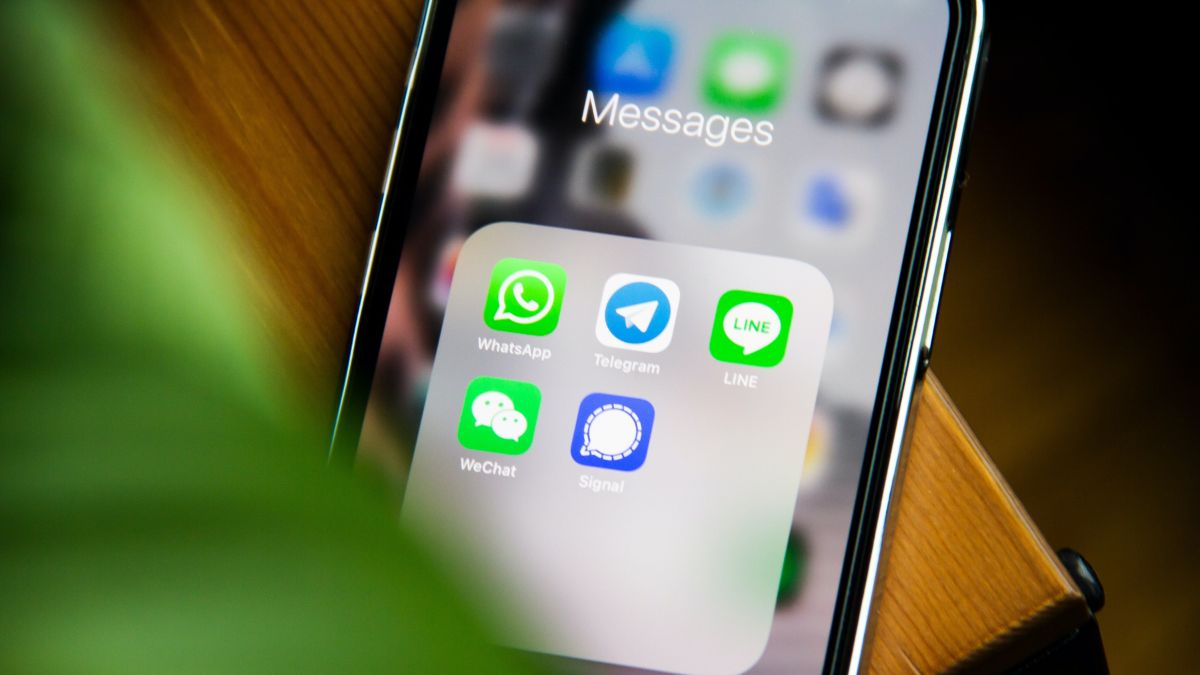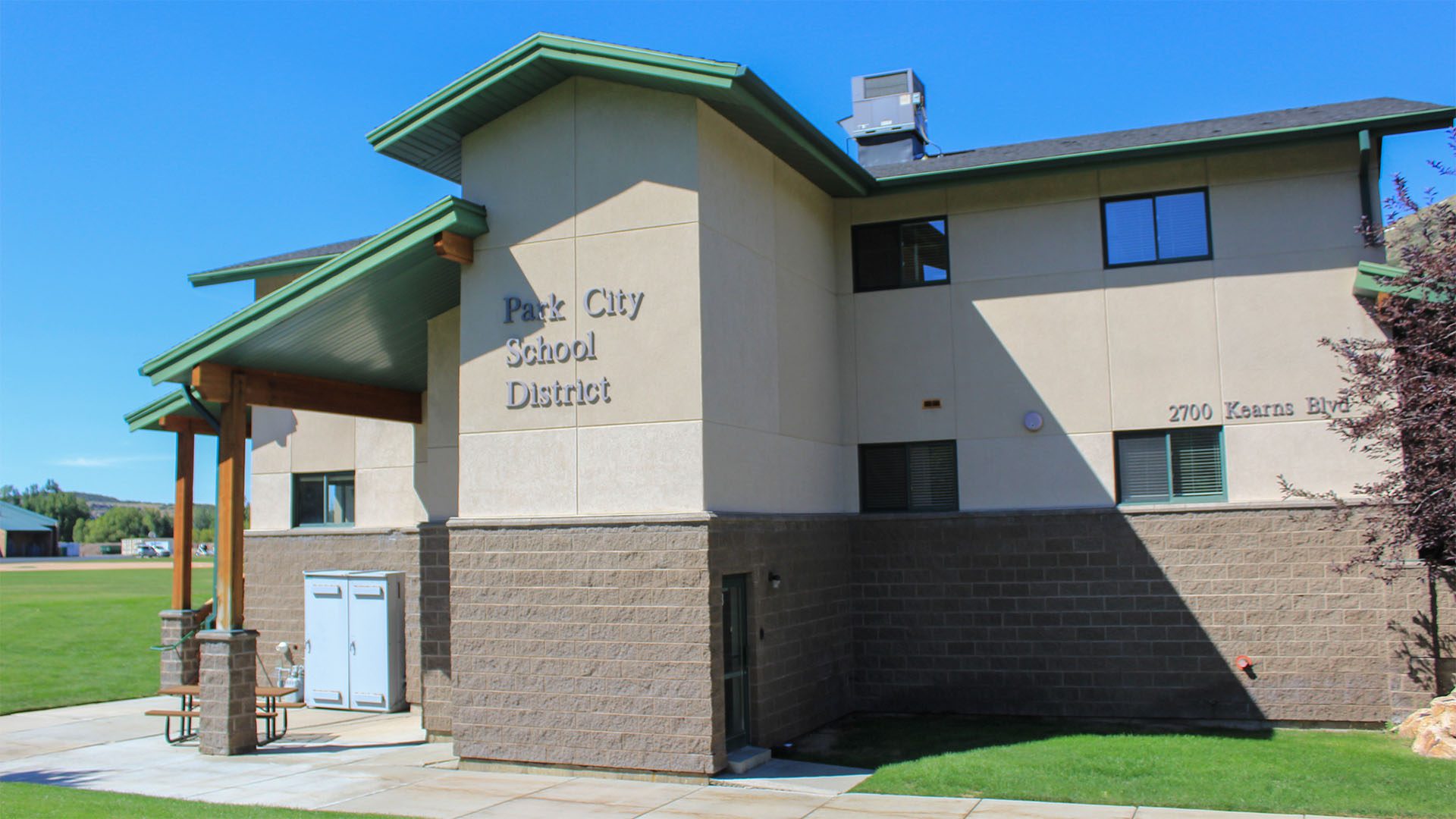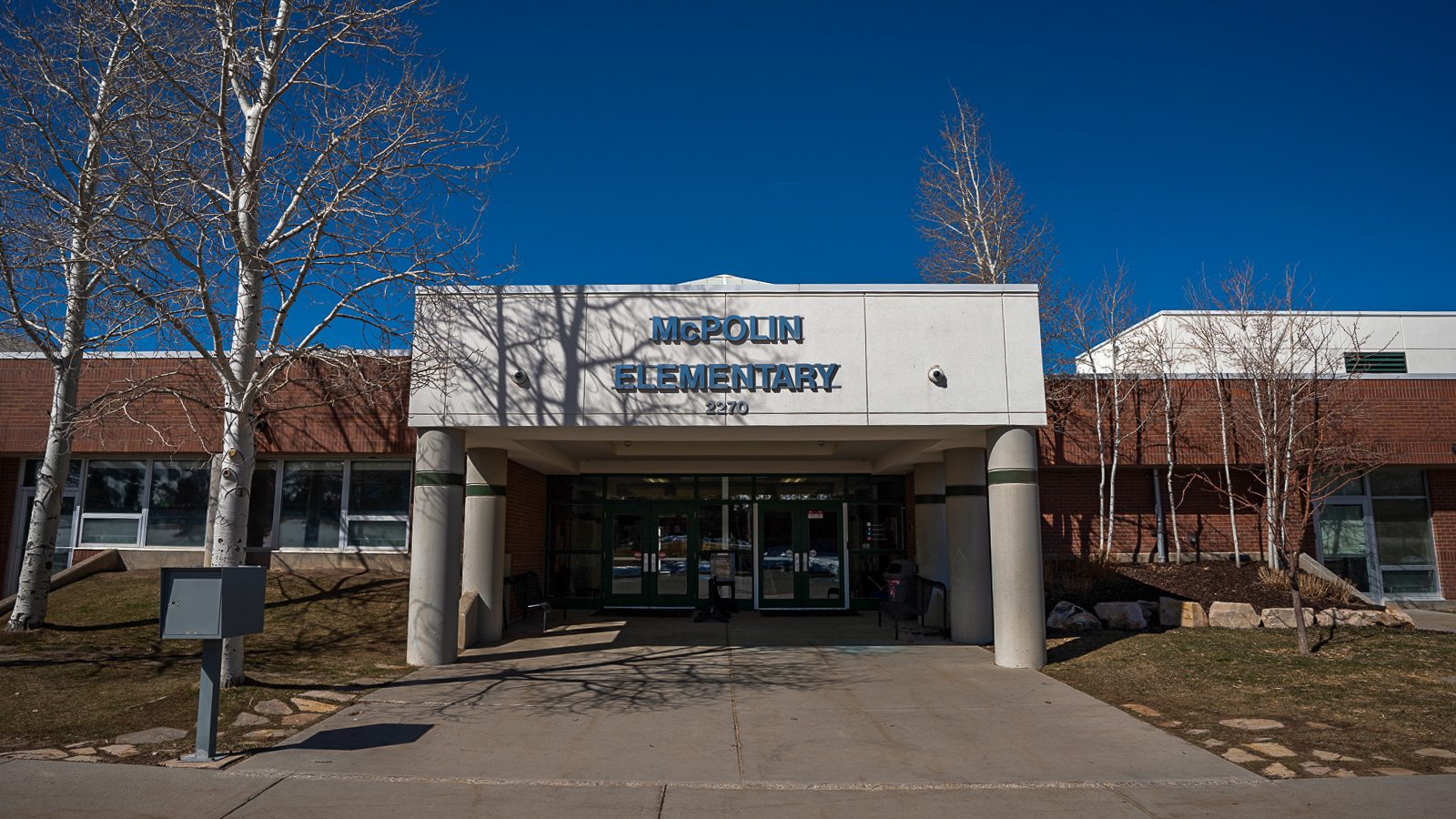News
Park City School District says it won’t stifle LGBTQ speech, representation
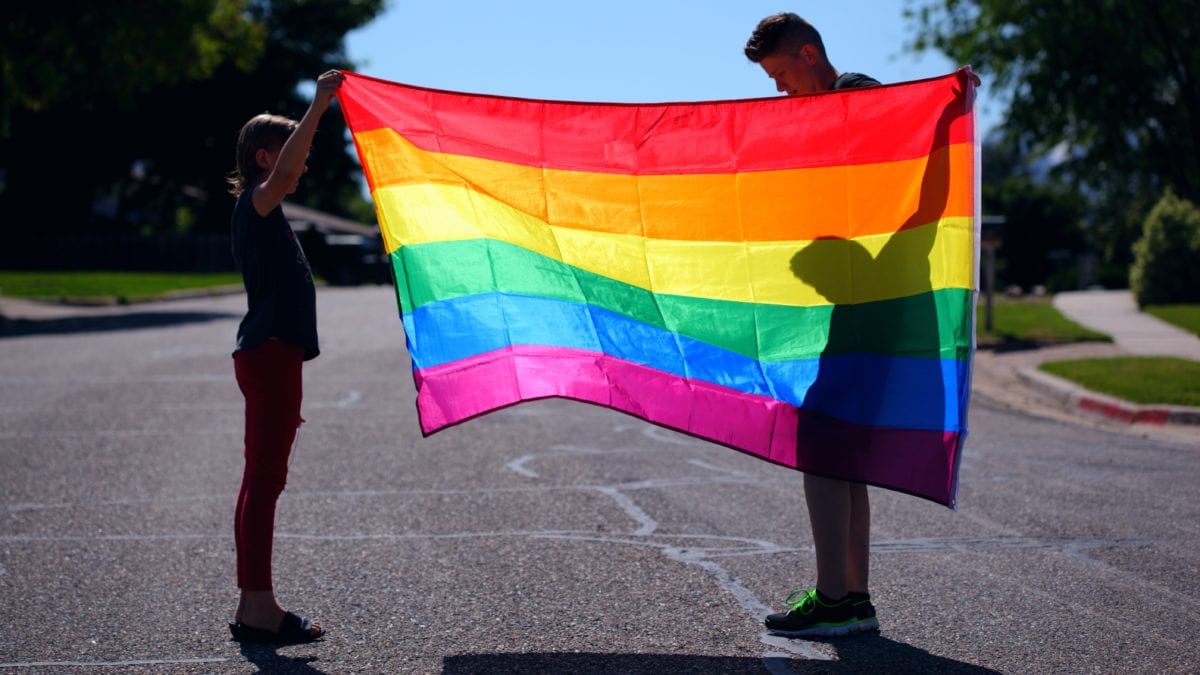
Increasing numbers of Park City School District students, families, and employees identify as LGBTQ - a fact the district says it recognizes and supports. Photo: Sharon McCutcheon
PARK CITY, Utah. — Following a recent report highlighting incidents of local parents pressuring schools not to discuss or teach topics they personally oppose, Park City School District administrators and school board members sought to assure the community that they support equity and inclusion in classrooms.
The school board wrote in an email signed by all five board members that an integral part of the district’s strategic goal is to “provide safe, optimal and equitable learning environments for all students and staff,” and that “certainly, included in all students and staff is our LGBTQ community.”
“We are working diligently to make sure that we are constantly reflecting and reviewing policy and strategies to best support the mission of PCSD and Dr. Gildea and her team to execute this mission through an equitable lens,” the email said. “As such, we are currently in the process of working to review our policies and strategies as related to equity and inclusion.”
District administrators echoed that declaration of commitment.
“We are particularly grateful that in 2017 the Utah legislature repealed the law that made it especially difficult for teachers to serve our population of LGBTQ students without fearing that they might inadvertently cross a line that would put their professional license at risk,” Superintendent Jill Gildea said in an email. “As an administrative leadership team, we are all in agreement that all students should feel safe and comfortable in our schools regardless of any characteristics that are unique to them, whether that is their race, national origin, LGBTQ+ status, gender or religion.”
Also by email, Amy Hunt, chief academic officer in charge of curriculum for PCSD, addressed concerns that teachers had been directed not to mention LGBTQ people or issues in classes and to screen books and other materials with LGBTQ content differently than those containing non-LGBTQ content.
“There has been NO direction from any leader in the curriculum department that classroom content related to LGBTQ issues should be eliminated,” Hunt wrote. “We continue to support teachers in their efforts to prepare and deliver lessons focused on content standards that include additional topics that are relevant and appropriate…our teachers must be sensitive to all students in their classes considering their diverse backgrounds, lived experiences, belief systems, and maturity levels.”
How those goals and policies play out at the classroom level can be another matter, a fact teachers said is growing more fraught due to complaints and threats from parents who do not agree with state-approved education content. From a private local Facebook group seeking to pressure the district to remove curriculum its members disapprove of to parents taking complaints straight to the top over things such as science topics they don’t believe in, teaching is getting treacherous.
Those involved in recent incidents at Ecker Hill Middle School declined to discuss them further. At Parley’s Park Elementary School, Park City Education Association Vice President Aaron Webb said he received “a lot of positive feedback from teachers and parents” after the April 5 report detailing teacher experiences in PCSD schools.
“One thing we all share in common is a desire to help students feel loved, and safe, so that they may be prepared to learn in school,” Webb said.
That shared desire is at the root of school equity policies. But equity in schools means different things to different people; while the concept is embraced widely in public education, not everyone supports it – or even agrees on what it is.
The word equity itself is being “demonized” in some circles throughout the state, said Heidi Matthews, president of the Utah Education Association. And at a Utah State Board of Education meeting last week, board members haggled over a formal definition of equity, with two board members unsuccessfully seeking to insert the term ‘personal responsibility’ into the definition.
The USBE eventually adopted this definition: “Acknowledging that all students are capable of learning, educational equity is the equitable distribution of resources based upon each individual student’s needs to provide equal opportunities.”
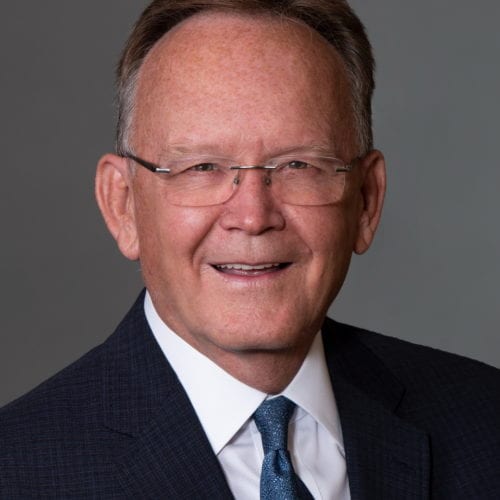
Utah State Senate President Stuart Adams, R-Layton, sponsored 2017’s repeal of ‘no promo homo,’ a law banning any mention of anything LGTBQ-related in all public schools. Adams’s work built on earlier efforts in 2015, when he shepherded passage of historic anti-LGBTQ discrimination bills with broad bipartisan and church support. The bills were heralded nationally and became known as The Utah Compromise.
Adams said in an interview this week that schools have a tough job of navigating conflicting community beliefs, but that comfort levels and learning opportunities must be equal in classrooms.
“In a classroom setting it’s important that everyone be treated the same, you’re not embarrassed because you’re straight and you’re not embarrassed because you’re gay,” he said. “You need to be treated equally. The best principle is, no matter what our beliefs are, we treat everyone equally, with respect. I would hope school policies would reflect that.”
The 2015 bills, he said, moved to change Utahns’ ideological differences regarding LGBTQ issues from “a culture of animosity” to one that aims for sensitivity.
How might that look on the ground in 2021? Adams emphasized respect and equality, and said for example that if straight students are offended by gay people kissing on film, the equitable solution is for schools to not show anyone kissing at all.
That is not how things are playing out – yet.
“We are in the space between changing a law and actually having it realized throughout the state,” said Troy Williams, executive director of advocacy organization Equality Utah. “This is the difference between legal equality and lived equality. And it remains a work in progress!”
Webb, from the PCSD teachers union, agreed, and called the current climate “part of a broader conversation, nationwide.”
“The reason that ‘LGB’ people are more accepted now is because people started coming out,” Webb said. “When a loved one identifies a certain way, it becomes easier to learn to accept and love unconditionally. We need more visibility of the ‘T’ now, so we can move past fear, and past ‘tolerance,’ into acceptance.”
Appreciate the coverage? Help keep Park City informed.
TownLift is powered by our community. If you value independent, local news that keeps Park City connected and in the know, consider supporting our newsroom.















